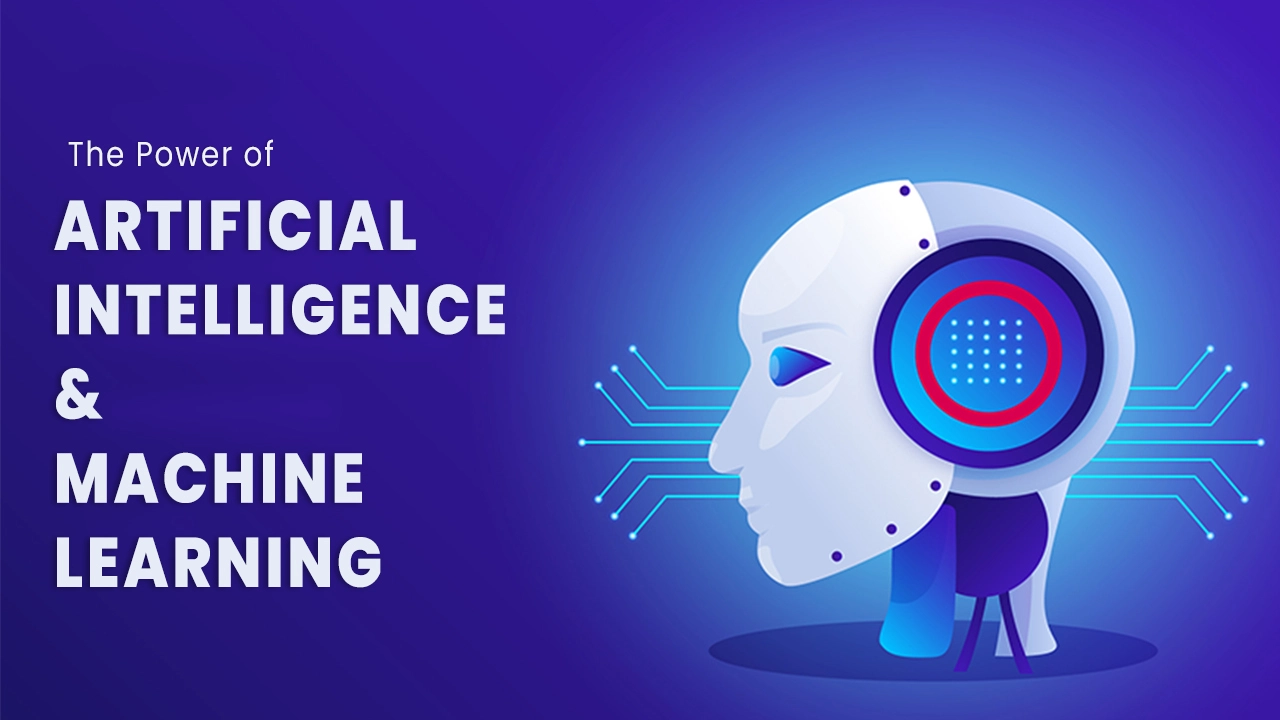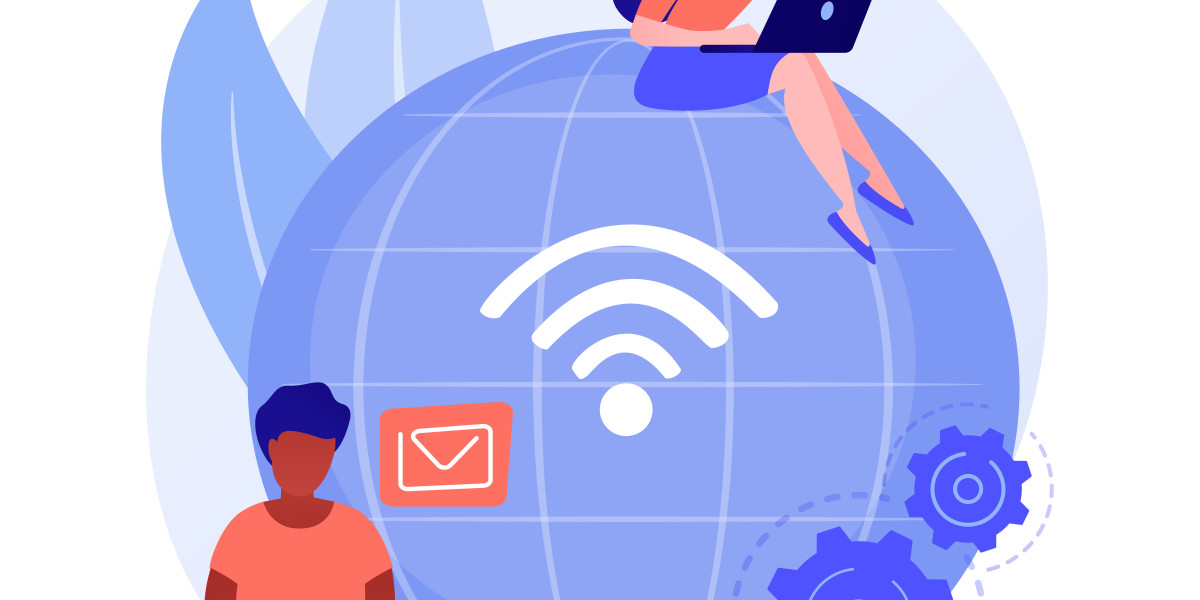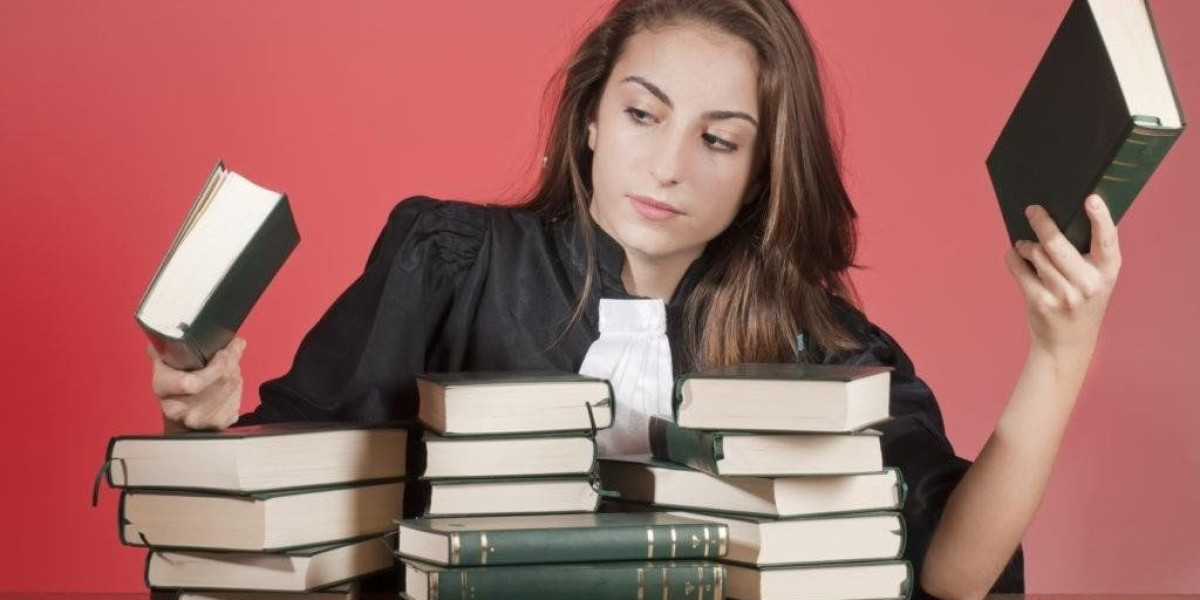Technology is changing our world at an amazing speed! Its sweeping changes can be found everywhere and they can be described as both thrilling, disgaeawiki.info and at the same time scary. Although individuals in lots of parts of the world are still attempting to come to terms with earlier technological transformations along with their sweeping social and instructional ramifications - which are still unfolding, they have been woken up to the reality of yet another digital transformation - the AI revolution.

Expert System (AI) innovation describes the ability of a digital computer system or computer-controlled robot to perform tasks that would otherwise have actually been performed by humans. AI systems are created to have the intellectual procedures that define people, such as the capability to reason, find significance, generalize or gain from previous experience. With AI innovation, vast amounts of details and text can be processed far beyond any human capacity. AI can also be used to produce a huge range of brand-new content.
In the field of Education, AI technology comes with the possible to allow new types of teaching, finding out and instructional management. It can also enhance learning experiences and assistance teacher tasks. However, in spite of its positive potential, AI likewise postures substantial dangers to trainees, the mentor community, education systems and society at big.
What are some of these risks? AI can lower teaching and finding out procedures to estimations and automated tasks in methods that cheapen the role and impact of instructors and deteriorate their relationships with learners. It can narrow education to only that which AI can process, design and deliver. AI can also aggravate the around the world shortage of certified teachers through out of proportion costs on technology at the cost of financial investment in human capability development.
Making use of AI in education also produces some fundamental concerns about the capacity of teachers to act actively and constructively in determining how and when to make cautious usage of this technology in an effort to direct their professional development, discover solutions to obstacles they face and enhance their practice. Such fundamental concerns include:

· What will be the role of teachers if AI technology end up being commonly executed in the field of education?
· What will evaluations look like?
· In a world where generative AI systems seem to be developing brand-new capabilities by the month, what skills, outlooks and proficiencies should our education system cultivate?
· What changes will be required in schools and bphomesteading.com beyond to assist students plan and direct their future in a world where human intelligence and device intelligence would appear to have become ever more carefully connected - one supporting the other and vice versa?

· What then would be the purpose or function of education in a world controlled by Expert system innovation where people will not always be the ones opening new frontiers of understanding and knowledge?
All these and more are daunting concerns. They require us to seriously consider the issues that occur regarding the execution of AI innovation in the field of education. We can no longer just ask: 'How do we prepare for an AI world?' We must go deeper: 'What should a world with AI appear like?' 'What roles should this powerful technology play?' 'On whose terms?' 'Who chooses?'
Teachers are the primary users of AI in education, and they are expected to be the designers and facilitators of students' knowing with AI, the guardians of safe and ethical practice throughout AI-rich educational environments, and to act as role models for lifelong learning about AI. To presume these obligations, instructors require to be supported to establish their abilities to leverage the potential benefits of AI while alleviating its dangers in education settings and larger society.
AI tools need to never ever be developed to replace the genuine accountability of teachers in education. Teachers need to stay accountable for pedagogical choices in using AI in teaching and in facilitating its uses by trainees. For instructors to be accountable at the useful level, a pre-condition is that policymakers, instructor education institutions and schools presume responsibility for preparing and supporting instructors in the correct use of AI. When introducing AI in education, legal defenses should also be developed to secure teachers' rights, and long-lasting monetary commitments need to be made to ensure inclusive gain access to by teachers to technological environments and fundamental AI tools as crucial resources for adjusting to the AI period.
A human-centered method to AI in education is critical - a technique that promotes key ethical and

practical concepts to help manage and assist practices of all stakeholders throughout the entire life process of AI systems. Education, provided its function to safeguard in addition to help with development and learning, has an unique obligation to be fully aware of and responsive to the threats of AI - both the known dangers and those only simply appearing. But too frequently the dangers are ignored. Using AI in education therefore needs cautious factor classifieds.ocala-news.com to consider, consisting of an evaluation of the progressing roles instructors need to play and the competencies required of instructors to make ethical and effective use of Artificial Intelligence (AI) Technology.
While AI uses chances to support instructors in both mentor along with in the management of finding out procedures, meaningful interactions in between teachers and trainees and human thriving need to stay at the center of the instructional experience. Teachers ought to not and can not be replaced by technology - it is important to protect instructors' rights and ensure adequate working conditions for them in the context of the growing usage of AI in the education system, in the office and in society at big.








